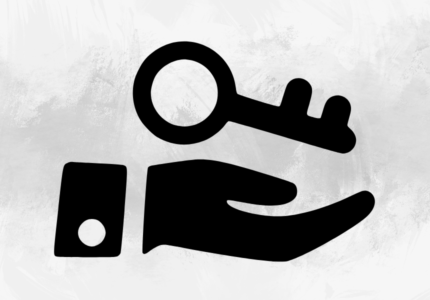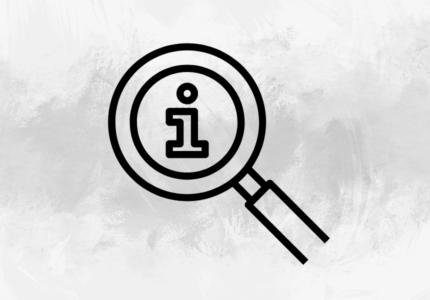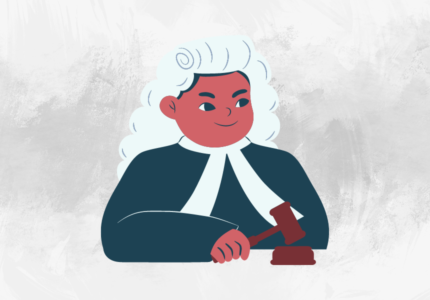
It is important to stress the importance of a professional, incisive resume for every job seeker. It doesn’t matter if you are just starting your job search or if you have years of work experience. It is unacceptable not to include a written summary of your academic achievements, skills, and competencies. It is wrong to think that a well-written curriculum vitae will solve all your employment-related problems.
These are some of the things a resume won’t do for you.
1. Protect yourself from academic inadequacies
It is possible to download and access a formatted resume online. However, this won’t compensate for lack of academic qualifications. Companies look for candidates who meet specific training requirements. Even the most well-written document won’t make it easy for the interviewer to determine if you are the right candidate. Students at all levels of education must be responsible so that they don’t land on the job market with lower-than-desirable marks.
2. You can replace the skills and competencies you don’t have
Some candidates attempt to embellish their resumes with unnecessary details in order to hide their deficiencies. You should only apply for vacancies that you are able to fill immediately. Employers are unlikely to be interested in candidates who need additional training to perform their duties effectively unless stated otherwise. Even if you need to volunteer to gain the required skills, working experience is the only way to get it.
3. Compensation for a flawed character
Prospective employers don’t just care about academic papers, competence, and skills, but also character. Therefore, even the most comprehensive and rich resume won’t be enough to fill this gap. Is it important to be a brilliant worker but not be able to work with others? Do you place competence above character if the candidate has a history involving violence or fraud? Do you prefer a skilled but lazy worker to a hardworking one who is eager to learn? Your character will always accompany you to interviews and workplaces. Live today.
4. Your entire life story is yours
Although your curriculum vitae may contain personal information, it is not a good idea to use these documents for a mini-autobiography. You cannot tell the entire story of your academic achievements and social accomplishments to potential employers using this text. The employer is looking for how you will fit in the job description. The interviewer will only be interested in the most important aspects of your potential employer.
5. Pass an interview
While a resume can be a valuable tool when you’re looking for a job, it is not a guarantee that your application will be accepted by a panel. While it’s one thing to have strong credentials, it’s another to be able to communicate your skills in interviews and win over panelists. In most cases, you will be among the many applicants who have a strong curriculum vitae. Your performance at the interview will determine if you get the job. Prepare for the interview with the right information and a great resume.
6. Find a job
The format and content of a resume will not be the deciding factor when the panel decides who to hire from the list of candidates. To determine if there is a connection between you and the person who headlines your resume, it will use your competence, experience, communication skills, and decision-making ability. This document, no matter how beautiful, does not guarantee you a job.





